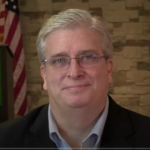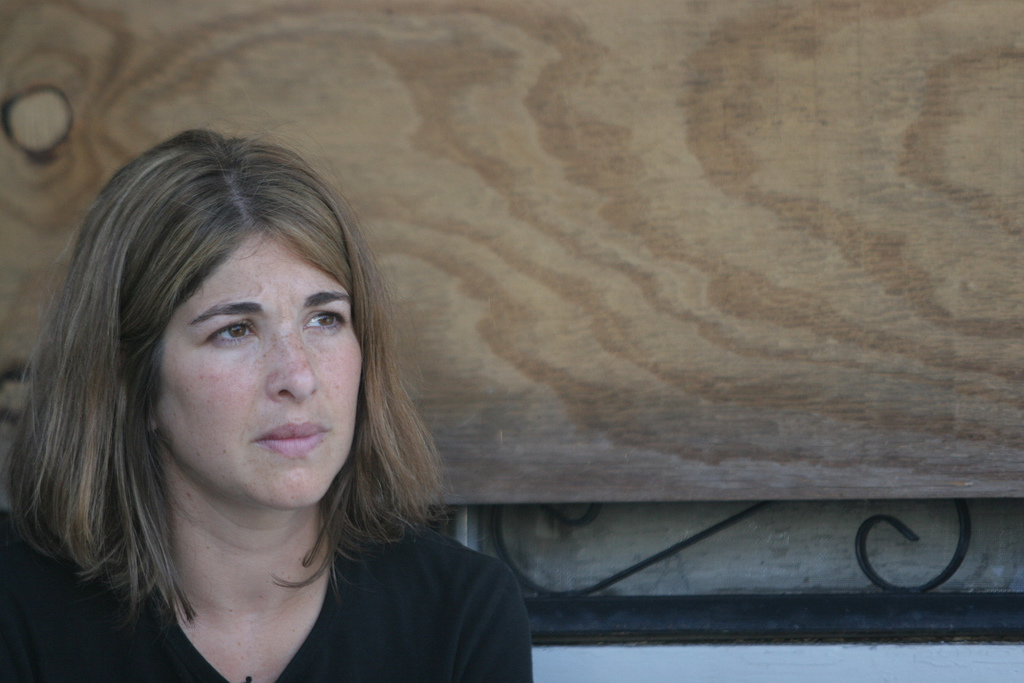In this Huffington Post piece, Bill Shireman of Future 500 means well — or at least he means to mean well — with his attempt to nurture a middle ground in the “climate wars.” He’s a left-leaning writer, so I give him credit for trying to spray pox upon both the “warmist” and “skeptic” houses instead of just the the “skeptics,” which is the usual HuffPost angle.
The Heartland Institute is chiefly featured in Shireman’s piece — which is a tribute to the hard work of an organization that has had enormous impact on the debate while enjoying just a tiny fraction of the funding of our prominent peers in on the “other side.” (One demerit for Shireman, however: Heartland never compared “climate advocates” to Nazis.)
That aside, Shireman’s theme is that “both sides” are to blame for the caustic state of the climate debate in this country. The left has wrongly cast the Koch Brothers as “demons,” he writes, while “anti-climate” forces on the right have vaguely done the same. OK. The world knows the former is true of the left, but what is his example of the same from the right? Apparently, The Heartland Institute is to blame for shaping “the climate-policy prescriptions of its chief rhetorical nemesis, Naomi Klein.”
Some background: In 2011, Klein attended Heartland’s sixth International Conference on Climate Change (ICCC6) in Washington. For a yet-to-be-released documentary on climate change, she interviewed many of the scientists Heartland invited. I happily arranged all those interviews, and sat in on most of them. Klein is one of the most prominent and articulate leftists in America, and she came prepared with very challenging questions — which her subjects addressed with honesty and expertise.
But according to Shireman, Klein wasn’t an informed leftist journalist and intellectual. She was merely an empty vessel into which Heartland poured its viewpoint of the leftst climate position:
For example, the Heartland Institute, which prides itself on being the premier climate-change-denying [sic] NGO, directly shaped the climate-policy prescriptions of its chief rhetorical nemesis, Naomi Klein. They crafted her positions to directly match their caricatures of the anti-freedom environmental extremist.
I hope Klein is as insulted by that telling as we are surprised. Shireman would have his readers believe that what Klein subsequently wrote in The Nation was not her own observations, but “extremist” views planted in her brain by Heartland and the scientists who attended our conference.
Shireman quotes a bit from Klein long piece on the conference in The Nation:
The deniers [sic] did not decide that climate change is a left-wing conspiracy by uncovering some covert socialist plot. They arrived at this analysis by taking a hard look at what it would take to lower global emissions as drastically and as rapidly as climate science demands. They have concluded that this can be done only by radically reordering our economic and political systems in ways antithetical to their “free market” belief system.
So, let’s see if I have this straight. Naomi Klein — a proud, educated, and informed leftist who writes for a staunch socialist publication — attends ICCC6 in 2011. Klein hears presenters state plainly the aims and methods of the left when it comes to the political ends of the climate change agenda. Klein does not dismiss the statements she hears at Heartland’s conference as some wild conspiracy or a “covert socialist plot,” but affirms that it is what leftists must publicly admit needs to be done.
Yes. She did that. From later in her piece at The Nation:
Responding to climate change requires that we break every rule in the free-market playbook and that we do so with great urgency. We will need to rebuild the public sphere, reverse privatizations, relocalize large parts of economies, scale back overconsumption, bring back long-term planning, heavily regulate and tax corporations, maybe even nationalize some of them, cut military spending and recognize our debts to the global South. Of course, none of this has a hope in hell of happening unless it is accompanied by a massive, broad-based effort to radically reduce the influence that corporations have over the political process. That means, at a minimum, publicly funded elections and stripping corporations of their status as “people” under the law. In short, climate change supercharges the pre-existing case for virtually every progressive demand on the books, binding them into a coherent agenda based on a clear scientific imperative.
This is clearly what Klein believes, and has always believed. But, according to Shireman, Klein’s beliefs — “a top-10 list of libertarians’ worst nightmares” — have been “framed” and planted in her mind by Heartland.
We wish moving the public debate was so easy.





